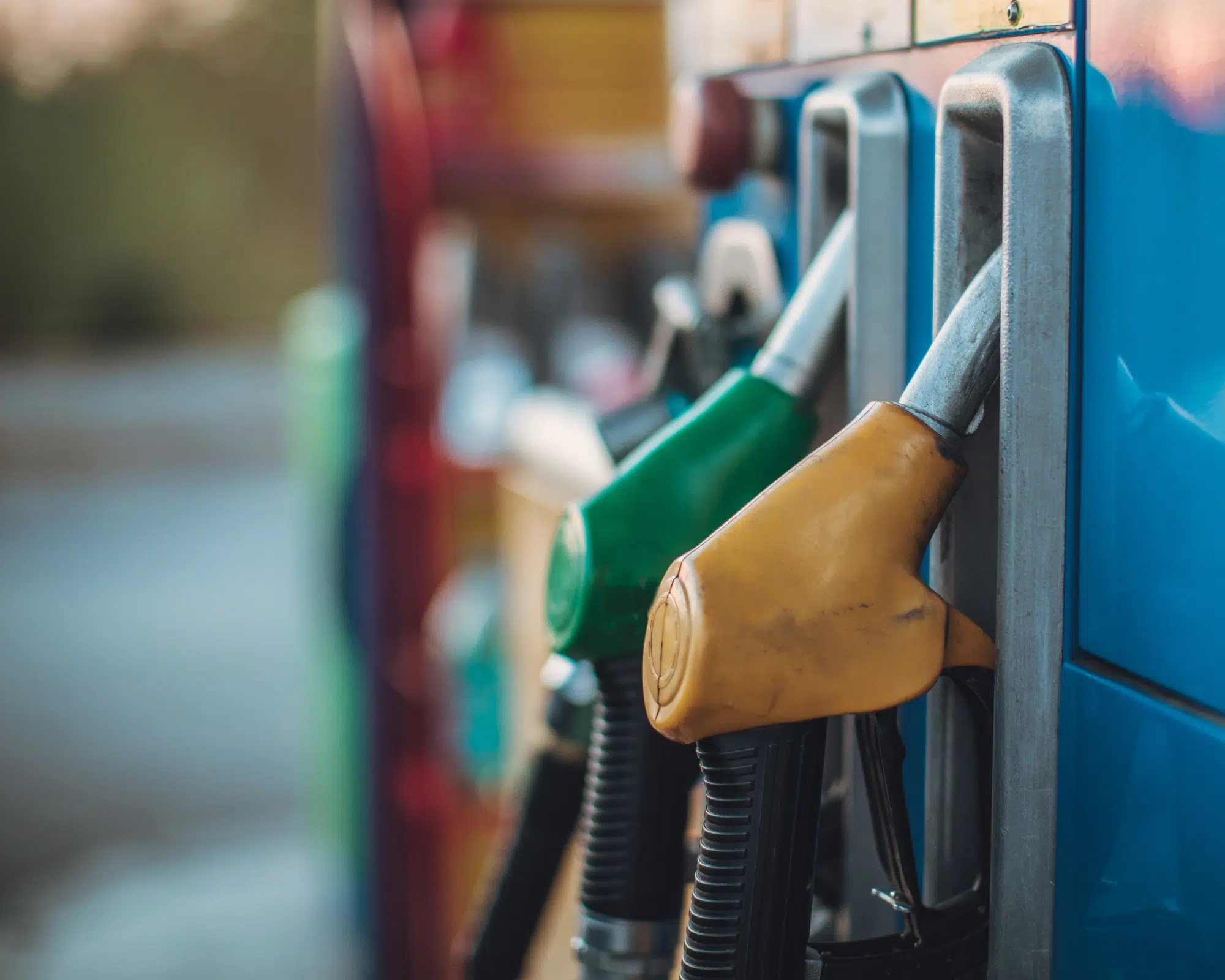
How to Improve Gas Mileage as a Flatbed Truck Driver
Most drivers on the road pay attention to the fuel efficiency of their vehicles. With the price of both regular and diesel fuel fluctuating constantly, reducing fuel consumption is more important than ever, especially for truck drivers. The average semi-truck burns significantly more fuel than the average car because of the increased weight and miles driven – resulting in higher fuel costs for companies. In addition to cost, there are many other reasons reducing fuel consumption could be beneficial for a trucker. If you’re wondering why you should work to improve your fuel economy and how to increase MPG as a trucker, keep reading!
Why Should I Try to Reduce Fuel Consumption?
Saves Money – The biggest reason most people try to reduce their fuel consumption is the cost. As previously mentioned, fuel has become much more expensive in the last few years alone, so using less fuel means less money spent filling your tank. Even a small increase in miles per gallon across a large fleet can result in hundreds of thousands of dollars saved per year.
Better for the Planet – It’s no secret that burning diesel can be harmful to the environment. Toxic gases are released as diesel is consumed, which has negative effects on crops, trees, and wildlife. These chemicals can also pollute the air and cause damage to the Earth’s atmosphere. Semi-trucks are responsible for nearly 30% of emissions caused by transportation, so the less fuel burned, the better.
Better for Your Truck – Trucks are designed with an optimal MPG in mind, and the best way to run your truck is around this level. So, if you’re running your truck at lower MPG levels, it will cause fuel to burn less cleanly, which could pose problems with your engine. This is especially relevant with idling, which tends to be the biggest MPG killer. Keeping your truck in good shape and staying out of the shop is in every driver’s best interest – nobody wants to be stuck waiting to get fixed when they could be on the road!
Earn Extra Money – It pays to stay on top of your gas mileage at Melton! We know that maintaining a good MPG takes work, and we reward our drivers quarterly with fuel bonuses and other rewards for staying above a certain threshold.
What Causes Poor Gas Mileage? How Can I Maximize my Gas Mileage?
Ready to take steps to improve your fuel efficiency? Here are some dos and don’ts to follow so you can be sure you’re improving your fuel consumption.
What to Do
- DO: Try to use your APU and EPU instead of idling – Most modern trucks will come equipped with either an auxiliary power unit (APU) or an electric auxiliary power unit (EPU). Both are meant to help power your truck while it’s off. An EPU is ran on a battery that charges as you drive, so you will not be using any fuel. An APU runs on diesel fuel, but uses just a quarter of what your truck would need to idle. By using these instead of idling, you’ll be saving tons on fuel costs while staying comfortable in your cab.
- DO: Drive at a consistent speed – Accelerating burns more fuel than driving at a steady speed, so sticking to a consistent speed instead of braking and accelerating when you can will help conserve fuel. When you do have to accelerate, making sure you do it gently and watching your RPMs is the most fuel-friendly way to do it.
- DO: Plan your routes to be as efficient as possible – The best way to use less fuel is to drive less miles! When you’re planning your trips, don’t leave anything up to chance. Pick the shortest route possible within reason, and plan minimal stops along the way. This will make your trip more efficient while saving gas as you go!
- DO: Complete pre- and post-trips – Whether you’re starting your day or ending it, checking over your truck thoroughly when you’re stopped is key to catching any issues that could keep your truck from working efficiently.
What Not to Do
- DON’T: Put yourself at risk and idle when necessary – In extreme temperatures, some APUs and EPUs will not be able to sufficiently maintain your bunk’s temperature. This is when you should be idling; your health and safety is priority number one, and burning the extra fuel in extreme heat or cold may well be worth it.
- DON’T: Speed – Each mile per hour over 60 that you’re driving will increase your fuel consumption. If you want to improve fuel economy and stay safe while you’re at it, pay attention to posted speed limits and stay at or below it.
- DON’T: Forget to consider traffic – We mentioned that braking and accelerating will eat away at your MPG, and if you’re stuck in traffic, this will be unavoidable. When trip planning, consider what times you will be driving and when traffic will be likely, such as during rush hour on city highways. You can’t always avoid a traffic jam, but you’ll have better chances if you’re planning ahead for it.
- DON’T: Wait to bring your truck for maintenance – Having to sacrifice miles to get your truck worked on is inconvenient, but will save you a lot of headaches in the long run. By getting issues identified and fixed before they become major problems, you can trust your truck is running at its most fuel efficient and prevent any unexpected breakdowns that can completely throw off scheduled deliveries
These are just a few ways you can steer your MPG numbers in the right direction. While some unfavorable fuel conditions are unavoidable, doing anything to help improve your fuel efficiency could potentially make a big impact, especially over the course of months or years. With Melton, there are numerous ways that conserving fuel can be beneficial to a driver, including our fuel bonus program! We have late-model equipment with technology that makes fuel efficiency easier than ever; check out our equipment page to learn more.




